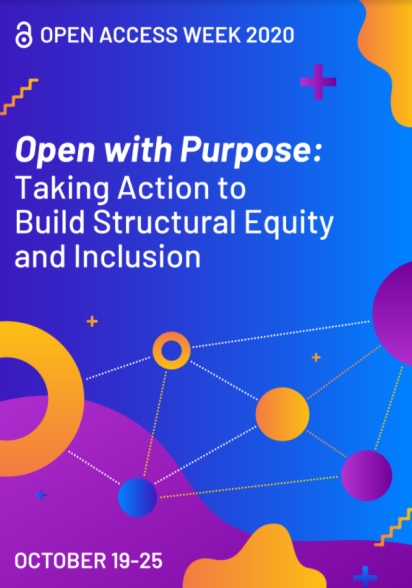by Maria A. Barca
Are you interested in publishing in or creating an Open Access journal? If your answer is “yes!”, but you don’t know where to start, then keep reading. In this blog post, we’ll look at how Seton Hall University Libraries can help you create or publish in an Open Access journal.
Open Access scholarship—including journals—are high-quality, peer-reviewed works that are freely available for people to access. There are no financial, legal, or technical barriers to accessing Open Access content. See this link for more information.
So where would you go to publish or create an Open Access journal? To our repository, of course!
Seton Hall University has an institutional repository: eRepository @ Seton Hall. Through the eRepository, Seton Hall students, faculty, researchers, and other community members can upload their Open Access scholarly research, data and datasets, podcasts, infographics, presentations, etc., for the world to access. You can immediately see the reach that our eRepository has with the interactive map found on the front page of the site.
If the prospect of posting in our eRepository excites you: good! Your librarians are here to help you upload your scholarly works to the repository; and if you have even bigger goals, we can also help you create academic, peer-reviewed Open Access journals to showcase the works of scholars and students on a particular topic or area of expertise. One of our eRepository journals, Locus: The Seton Hall Journal of Undergraduate Research, has been particularly successful.
If you are interested in publishing in the eRepository, creating an Open Access journal, or just have more questions about how we can help you expand your research output, please contact the Research Information Management Librarian, Maria A. Barca (maria.barca@shu.edu) or reach out to the eRepository email (eRepository@shu.edu).

